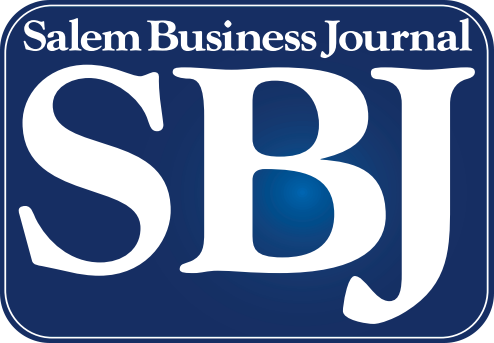From the Desk of Julie Hoy

Every day presents its own unique set of challenges and opportunities. As someone deeply embedded in the restaurant business, taking on the responsibility of a City Council seat was no small feat. A combination of efforts and the unwavering support of our community propelled me into this position. It wasn’t about my aspirations. Rather, a collective call for change, for a renewed vision for our beloved city.
During my tenure over the past year, I’ve been immersed in a whirlwind of experiences, ranging from deeply inspiring to immensely challenging. The essence of my decision-making process is consultation and thorough research. While the city staff offers valuable insights, I believe it’s crucial to cast our net wider. This means actively listening to a diverse group of stakeholders — our constituents, local business owners, educators, public safety personnel, people of faith along with many other community leaders. It’s my firm conviction that representing the people means being in touch with their lived experiences, dreams, goals, and concerns.
A recurring topic that has dominated City Council discussions is the Salem City budget, especially the much-debated “shortfall”. Rather than taking a step back to evaluate our spending patterns, the Council leaned toward introducing the Employee Paid payroll tax. This tax, as proposed by some in the city’s administration, would be the bridge over potential cuts in essential services. This November, the true arbiters, our city’s voters, will have their say.
The city’s approach, as I see it, with regard to the tax, leans more toward being a veiled threat than a constructive solution. Our prime directive should always be the safety and well-being of our residents. If any segment of our community feels at risk or underserved, it signals a need for introspection and course correction on our part.
Our conversation about Salem’s financial future is far from over. I remain steadfast in my commitment to ensure optimal funding for our police and fire departments. Once the bedrock of our city’s safety is firm, we can turn our attention to other crucial sectors. I’m optimistic we will see changes coming to Measure 110. Now, more than ever, mental health and addiction services require our attention. With a spirit of cooperation our city, county, and state can collaborate and forge a path toward a truly safer, thriving Salem.



